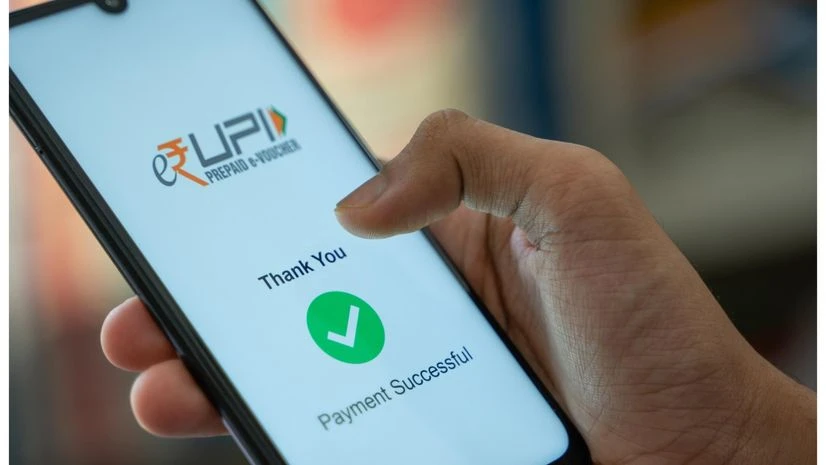The Reserve Bank of India (RBI) on Friday proposed a facility to allow customers to automatically replenish their UPI Lite wallets, aiming to promote small-value digital payments.
“To encourage wider adoption of UPI Lite, it is now proposed to bring it under the e-mandate framework by introducing a facility for customers to automatically replenish their UPI Lite wallets if the balance goes below the threshold limit set by them,” said RBI Governor Shaktikanta Das said during a meeting of the monetary policy committee.
UPI Lite was introduced by the National Payments Corporation of India (NPCI) in September 2022. It allows users to load up to Rs 2,000 in their wallets and make payments of up to Rs 500 without requiring a PIN.
How does auto-replenishment work?
Threshold limit: The customer sets a threshold limit for their UPI Lite wallet balance.
Auto-replenishment: If the balance falls below this threshold, the UPI Lite wallet automatically replenishes itself by debiting the customer's account and loading the wallet with the set amount.
More From This Section
No additional authentication: Since the funds remain with the customer, additional authentication or pre-debit notifications are not required for auto-replenishment.
How will it help users?
Automatic replenishment ensures that users do not need to manually top up their UPI Lite wallets, making it easier to manage their offline transactions.
This feature will be particularly beneficial for users in remote or rural areas where internet connectivity is limited, as they can continue to make transactions.
Das highlighted the increasing adoption of e-mandates for recurring payment transactions. He proposed extending the e-mandate framework to include payments that are recurring in nature but do not have a fixed periodicity, such as the replenishment of balances in Fastag and the National Common Mobility Card (NCMC).
"This will enable customers to automatically replenish the balances in Fastag, NCMC, etc. if the balance goes below the threshold limit set by them. This will enhance convenience in making travel/mobility-related payments," he said.

)
